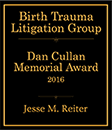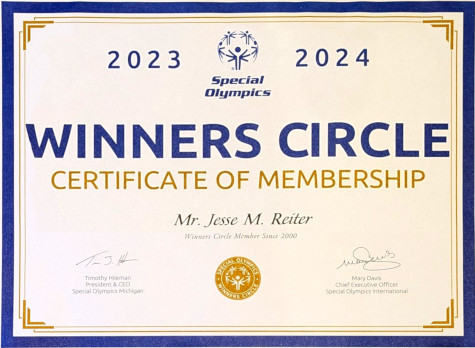Cutting edge adaptive equipment helps people with cerebral palsy and other disabilities participate in numerous sports and recreational activities....
Disability
Independence Day can be an exciting holiday for children of all ages and abilities. Firework shows, parades, barbecues, festivals, and many other fun activities can create an action-packed celebration. But for children with sensory processing disorders, the commotion can be more upsetting than entertaining. To prepare for the 4th of July with your child, we’ve...
Many parents find it challenging to balance the care and attention they give to each child, but this can be especially difficult when one child has a disability and another does not. Caring for a child with a disability can be so all-consuming that parents often worry their other children are falling by the wayside....
Psychologists across the country agree that a key element of self-care during the quarantine and isolation periods associated with the COVID-19 pandemic is staying connected to one another. Most disability service centers that normally provide adult day programs, support groups, recreational activities, and events have had to shut down in order to maintain the safety...
Raising a child can have profound effects on marriages and relationships between parents. For parents of a disabled child, the effects may be heightened because the child’s care needs can introduce unique challenges into the romantic partnership. This is not to say that these relationships are doomed to fail. Many parents of children with disabilities...
Thousands of Americans with disabilities have undergone sterilization procedures without providing informed consent. Beginning in the early 1900s, supporters of the eugenics movement sought to sterilize those with cognitive impairments in order to “cleanse” the human gene pool of “undesirable” traits. This was sanctioned by many state governments, as well as the U.S. Supreme Court...
The back-to-school season is officially upon us! As part of our back-to-school series, we want to shed light on an important topic: handling seizures in the classroom. Disclaimer: This page was not written by medical professionals, and therefore this information is not to be taken as medical advice. For specific instructions regarding seizure care, ask...
The STAR Institute for Sensory Processing Disorder (SPD) defines sensory processing as “the way the nervous system receives messages from the senses and turns them into appropriate motor and behavioral responses” (1). SPD occurs when these sensory signals are not detected by the brain or are not matched with the correct responses. This can cause...




















